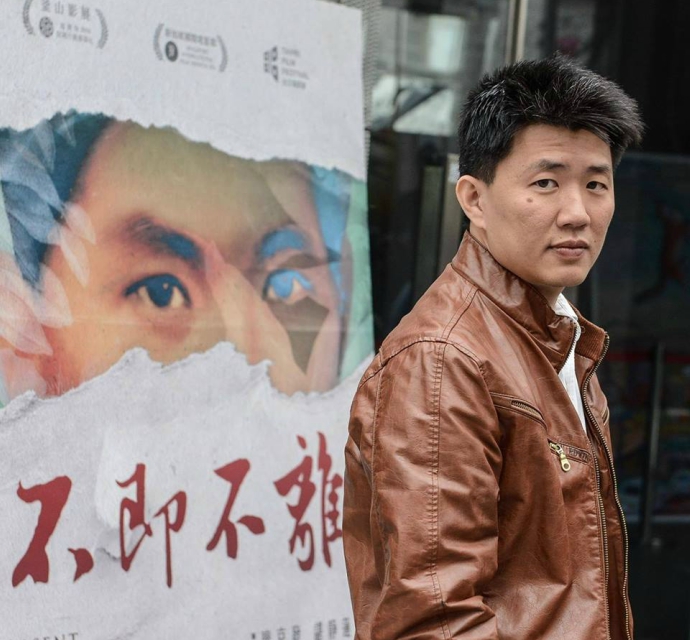Lau Kek Huat is a Malaysian-born, currently Taiwan-based filmmaker who has won acclaim as a short filmmaker. Absent Without Leave is his debut feature documentary film, and it is also a very personal one as he documents his journey back to his hometown in Malaysia tracing the footsteps of his grandfather who was a former member of the Malayan Communist Party (MCP).

The film had a successful theatrical release in Taiwan and also won the audience choice award when it was shown at the Singapore International Film Festival. We talk to Kek Huat to find out more about his journey and the process of making this documentary.
What inspired you to return to your homeland in Malaysia to make this documentary?
Initially, I just wanted to go back and trace the story of my mysterious grandfather. At that time, I didn’t even know what the MCP was. Only gradually through the process of making this film did I learn and find out more about the MCP and what had happened during those years.
Why do you choose a 'first person perspective' approach in your documentary?
I like to film subjects that I am afraid of, things that I want to avoid, and to find a strong reason to face my fears. This film started from a personal place, hence naturally I needed to be inside the film in order to be responsible for its message.

What are the challenges in making a personal documentary film, especially something that is close to your family?
The most difficult challenge was my family and how to obtain their blessing and not to be afraid of the camera. I believe in order to communicate something that is real and authentic, you need to make them believe that the filmmaking process requires time and patience.
What is the most moving moment for you in the film?
Too many. I practically grew up through the process of making this film. Before making it, I had no grandfather and a father who was always absent, and a hometown that could not be found. Through making this film, I gradually found all these, bit by bit, while my father also found a part of his own father. For the elderly former communists, they found a bit of comfort and dignity because someone was willing to listen to their stories.

In the process of making it, did you see the subject matter as being politically sensitive and did you anticipate the eventual ban in your home country?
I was initially expecting certain content to be censured, not for the entire film to be banned. I think this matter is being overly politicised as it is second nature for the powers that be to feel insecure. I hope that through cinema, literature and the arts, people can have the chance to avoid this endless cycle of “kill or flee”, but I also know this is not easy. I can understand why they wanted to pigeonhole this film as the enemy.
Why did you choose to premiere and release the film online for free in Malaysia?
The girl bathing at the film’s beginning is my niece. She represents a new generation of Malaysians. My film is meant for people like her, to show to a new generation of Malaysians, hence I decided to release the film free in my home country despite the ban.
What was the response and what was some of the feedback that you received from your countrymen?
More than 70,000 people have watched the film since it was released online, an average of 10,000 per day. But the main point is not the numbers, rather whether or not the film has left a deep emotional impact and impression on them.

Have you achieved what you set out to do with the film?
All I can say is that my conscience is clear in making this film. It is all a little overwhelming right now due to the ban and the audience response. Perhaps it will take another 10 years before I can truly process and understand my own feelings towards the film.
Clip from Kek Huat's When It Rains (short film), A Scene of the Sea (short film) & Absent Without Leave





